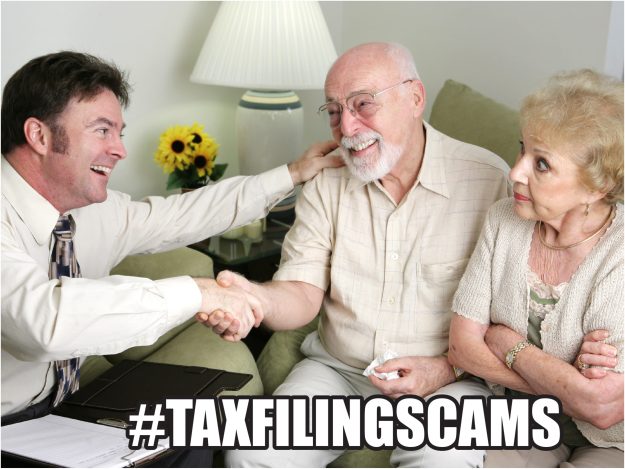How do I Prepare for Tax Season?
Gather your documents
The first step in prepping for tax season is to gather all the necessary documents. Depending on your personal circumstances, these can include:
- W-2 forms
- 1099 forms
- Receipts and invoices
- Mortgage and loan documents
- Investment statements
- Business income and expenses
- Other miscellaneous income
Organize your finances
Store all your documents and receipts in a folder, binder or digital file so you can access them whenever necessary. This will help ensure you don’t miss any deductible expenses.
Prepare your personal information
In addition to your income information, you’ll need the Social Security number and date of birth of each dependent you claim. It’s a good idea to have this info, and any other details your tax preparer will need, ready before you start your return.
Review tax law changes
The tax code changes every year, and some of this year’s modifications may impact your tax situation. Be sure to review the most recent updates so you can take advantage of any new deductions or credits.
Determine your filing status
Your filing status determines the tax rates and the standard deduction you’re eligible to take. Choose the status that best fits your situation. The most common filing statuses are:
- Single
- Married filing jointly
- Married filing separately
- Head of household
- Qualifying widow(er)
Learn the deadlines
It’s important to be aware of tax filing deadlines. For most individuals, the deadline to file federal income taxes is April 15th. If the 15th is on a weekend or holiday, the deadline is typically extended to the next business day.
Choose your filing method
You can file a paper tax return and mail it to the IRS, use tax prep software like TurboTax or H&R Block, hire a professional tax preparer or e-file your return on your own.
Plan for next year
Finally, use the tax season as an opportunity to plan for the future. Consider adjusting your tax withholding to avoid owing large sums at tax time or receiving large refunds.
You’re ready to file your taxes!






